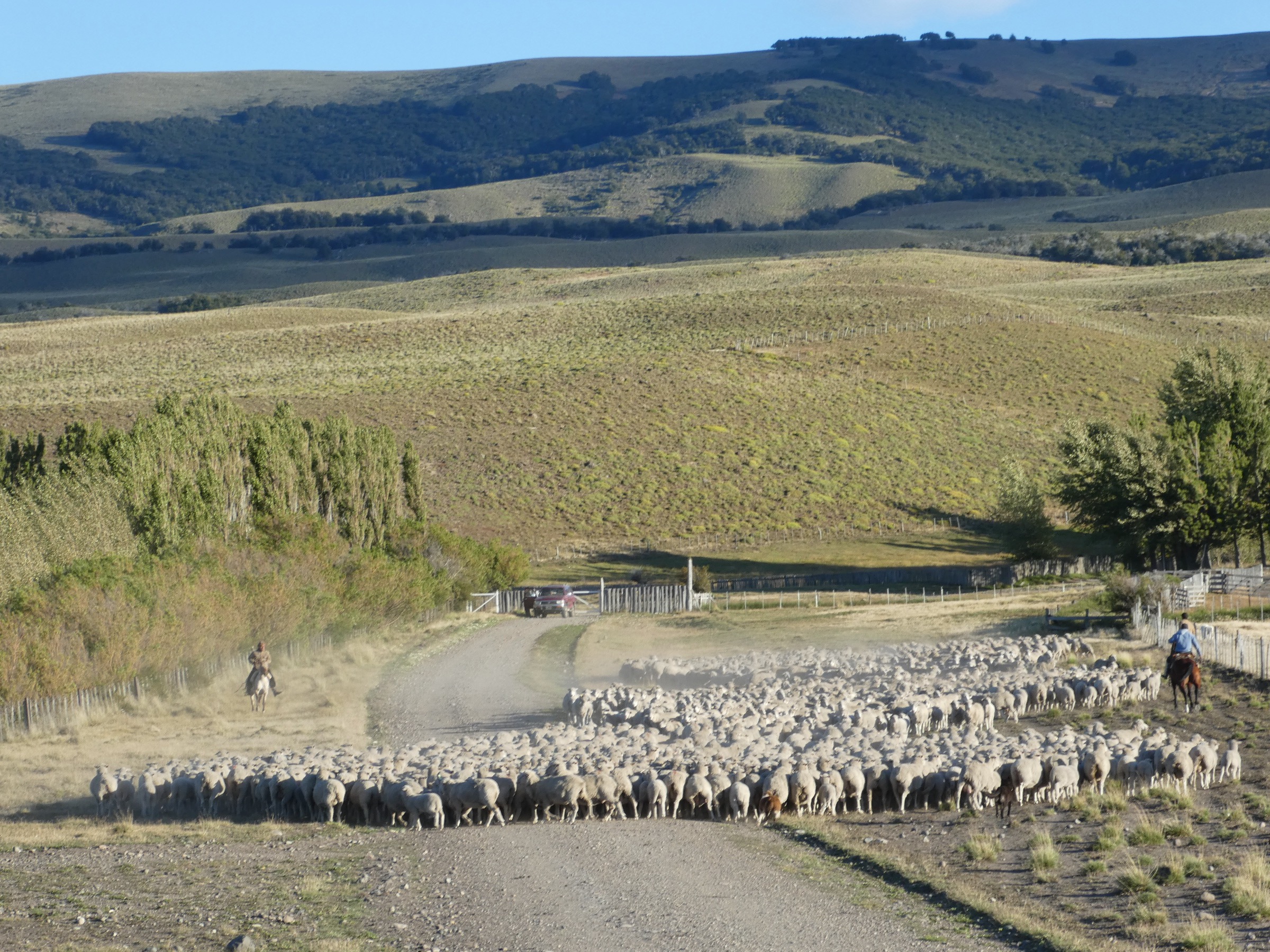Study challenges assumptions about plant diversity in drylands

A multinational study coordinated by KAUST Professor Fernando T. Maestre has revealed an unexpectedly high level of functional diversity in plants in arid and grazed drylands worldwide. The research, which can be read in Nature, indicates that plants use multiple strategies when adapting to aridity and grazing pressures and provides important insights on how ecosystems may respond to both natural and anthropogenic pressures.
It has been widely believed that drylands were places with low biodiversity and thus of little conservation value compared with other ecosystems such as forests. However, this conclusion is based mostly on research that has studied temperate lands, not drylands like those of the Middle East, which are expected to grow with climate change.
For the new study, the scientists examined a number of traits in more than 300 plant species from six continents. Among these traits was the concentration of mineral elements that contribute to plant growth and survival, such as calcium, magnesium, sodium and zinc, which have been neglected compared to other traits such as plant morphology.
“The elemental concentration in plant leaves has major implications for plant development and determines how plants respond to grazing pressure and water scarcity,” said Maestre.
Maestre and his colleagues found that once aridity crosses a threshold, the diversity of functional traits increases. Moreover, they observed that more than half of the trait diversity occurred only in the most arid and grazed drylands.
These observations, Maestre explained, indicate an unappreciated adaptation by plants and highlight the uniqueness of plant diversity in arid ecosystems.
“These findings change the pervasive view that harsh environmental conditions reduce plant trait diversity and reveal that drylands act as a global reservoir for the diversity of plant forms and functions. Plants could have many alternative strategies to cope with increases in environmental stress induced by climate change and land-use intensification”, he said.
Having joined KAUST in 2024, Maestre plans to extend this research to the arid and hyper-arid ecosystems of Saudi Arabia.
“Such research would offer important insights on how Saudi plant diversity can respond to climate change and guide the selection of suitable species for future greening programs,” he said.

